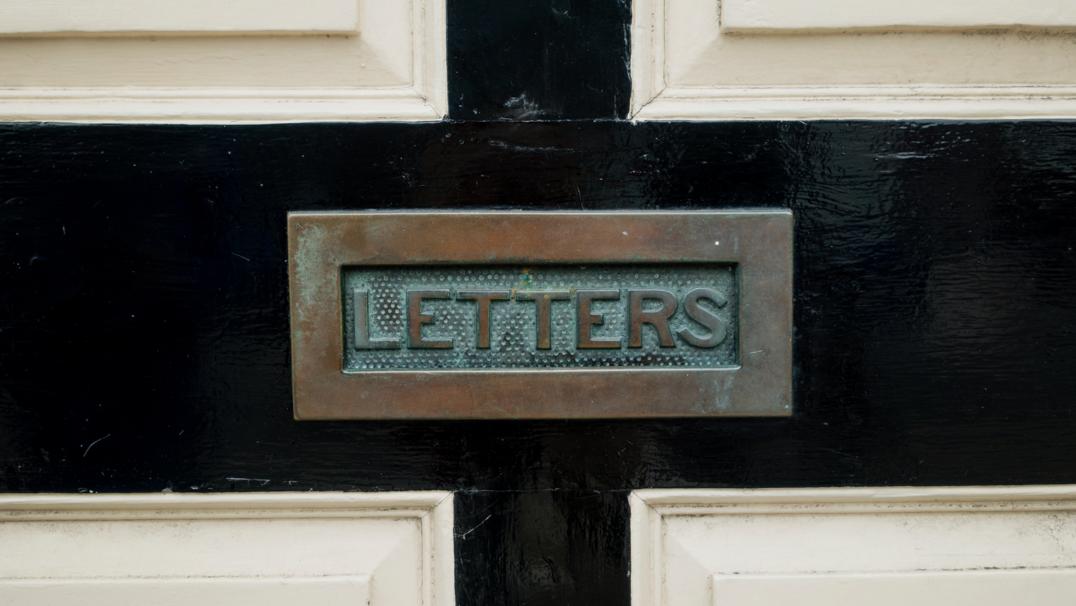Usually, if you’re applying to a job or internship, it is commonplace to send the hiring director a cover letter that explains your interest in the position, why you are qualified for it, and how you and the employer should continue communication. Easier said than done, of course. I’ll leave several cover letter tips below, but the easiest way for me to write a cover letter is just by copying a template (with different content of course!) So, I’ll leave some templates conveniently located here.
Don’t click off just yet! There’s more to a cover letter than just a template, so read some of these best practices.
Don’t gloat
People say you’re supposed to brag about yourself in your resume, and they’re right. In a cover letter, however, you have to be subtle. For instance, if you’re going to write a paragraph about the time you won an award, talk about what you learned as you worked toward a goal, and how you won an award as a result.
Don’t just talk about how you can add value to the company, but also how the company can help you. Recruiters are turned off by seemingly arrogant candidates, so it’s important that you stress why you desire a job at the specific company you are applying to.
Get excited
Employers prefer hiring someone who is passionate about their work. If a candidate appears more passionate, employers can expect more effort from that person, and they’re more likely to be hired. It’s important not to over-do it, but throwing in a couple exclamation points and mentioning that you’re super interested should help.
The best strategy for appearing interested in a company via cover letter is to make it clear that you’ve done industry/company research. Company research is also a necessity for interview success, so you’ll probably have already researched the company you are submitting a cover letter to. Now it’s just a matter of demonstrating that in writing. One way to do this is by mentioning the company’s stated core values, and then explaining how your experiences allow you to mesh well with the employers corporate culture.
Don’t reuse cover letters
If you make some sort of template that you recycle cover letters from, not only are you more likely to cause an unforgivable typo – like leaving the wrong company name in the letter (cringe), but it will also cause your letters to sound clunkier because your essentially splicing two different letters you wrote to two different people and mixing them together. Cover letters work best when they’re personalized and are treated like a real letter as opposed to a resume supplement.
The perfect cover letter isn’t going to land you a dream job on its own, but it’s still a major step in the recruitment process and making mistakes on it has the potential to set you far behind other applicants. The good news is that as long as you use good grammar, be honest, be modest, and express genuine interest in the company, you can do no wrong.

